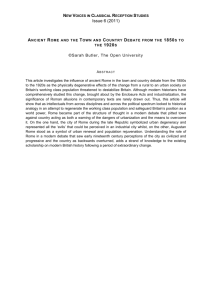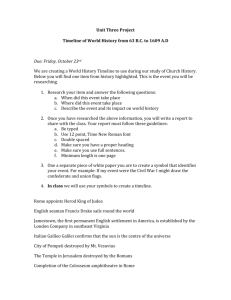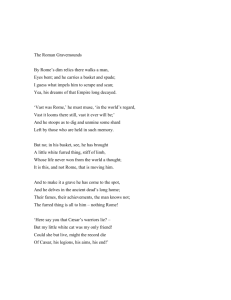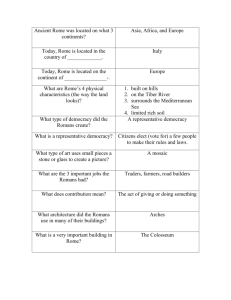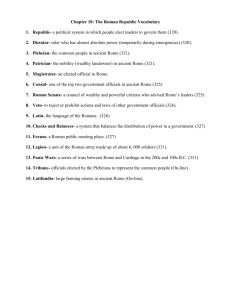Bicycle Thieves
advertisement
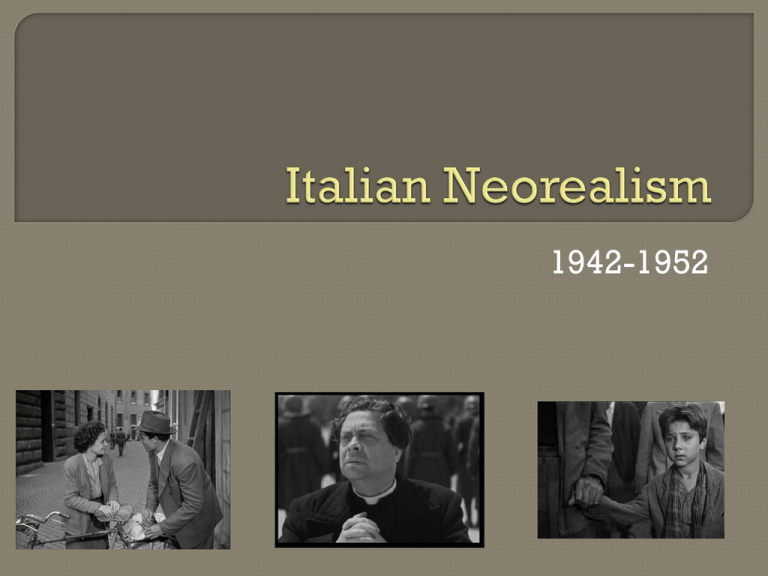
1942-1952 Developed during WWII • Mussolini Values and focus: • Realistic stories, lives of ordinary people • Decried postwar conditions unemployment, poverty, child labor, government corruption • Skeptical of Catholic Church • But - not highly political Small budgets Authentic • Shot on location, mix of professional/non professional actors Post-production sound/dubbing • A more open mise en scene Documentary style w/long takes Simplicity in working methods But - still a cinematic production Founder/father of Italian Neorealism WWII Rome, Open City (1945) • Drama, the Nazi occupation of Rome • War Trilogy Ladri di biciclette Vittorio De Sica, 1948 a “classic movie” – it can mean different things to different people Simple in construction and profoundly rich in human insight, Bicycle Thieves embodies the greatest strengths of the Italian neorealist movement: emotional clarity, social rectitude, and brutal honesty. - Criterion Collection Neorealism influenced international cinema for decades… • On-location shooting w/ post-dubbing • Amalgam of actors and non-actors • Plots based on chance encounters, open endings • Acceptance of subtitles • Mixture of tone (at times, extreme) • Scene Rome, Open City Pina’s death: she’s the heroine in real life (as opposed to movies) good people may die pointlessly ‘The European Movie’





